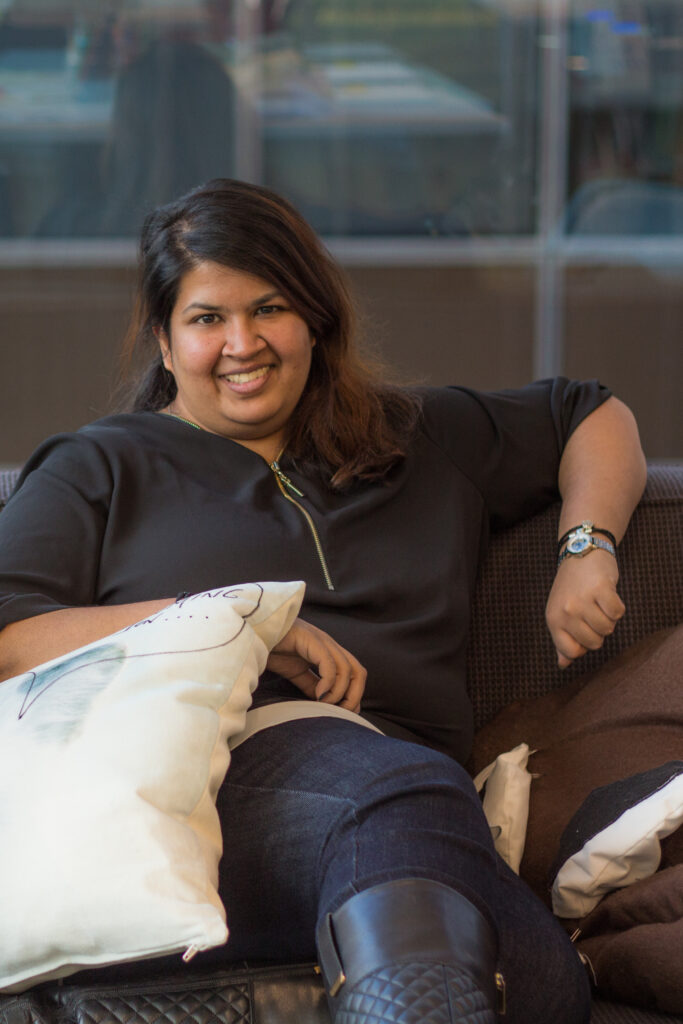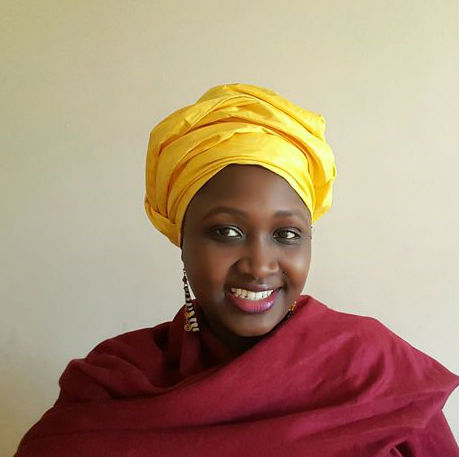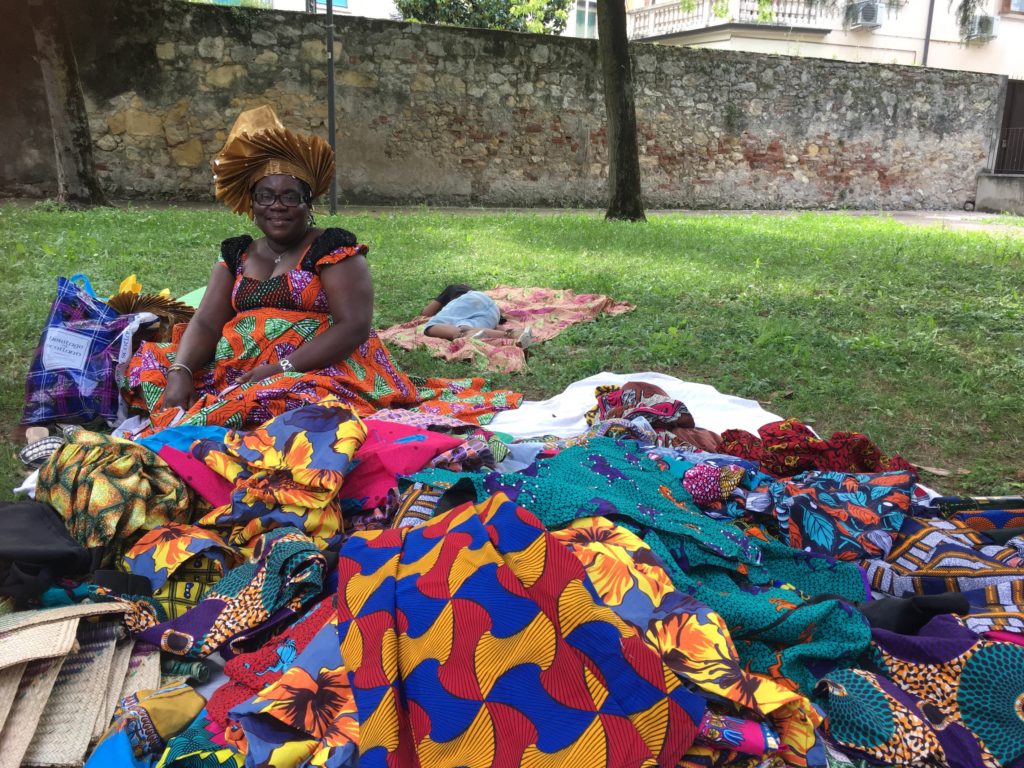Aashni Shah, the founder of achievement tracker Hype Docs, never expected to go from being the most active kid in high school to dealing with imposter syndrome fresh out of university.
by Chris Opoku
Born and raised in the splendid lands of Kenya, Aashni Shah left her family behind to study computer science at the University of Toronto in Canada.
When recounting her teen years, she remembers being that kid in school with contagious excitement whose name was jotted down for any extracurricular activity.
A single meeting was enough to see that Aashni possessed a burning spirit of initiative and that her future could not shine any brighter. Yet the road ahead turned out to be long, ripe with unmet expectations, uncertainty, and a pandemic.
Truly, the aftereffects of experiencing imposter syndrome as a migrant woman in her first-ever role still linger in the corners of her mind today.

A prolonged period of career hiccups made her feel unworthy of the space she occupied and caused a significant loss of trust in her colleagues. “I was a very high-achieving person until this point, but after six months of working there, I found out that I was put on a performance improvement plan,” Aashni said.
“I was performing so badly that if I didn’t improve in 3 months, I would get fired.”
Her aura gradually shifted from oozing self-confidence and positivity to possessing noticeable traces of low self-esteem. For her, all she was capable of achieving were failures and negative feedback. She felt like an imposter.
The term “imposter syndrome” was coined in 1978 by psychologists Pauline Clance and Suzanne Imes. It describes the overwhelming sense of self-doubt that overrides any satisfaction over personal accomplishments or evidence of skills.
This psychological occurrence often affects women of colour as they feel out of place in high-value positions held by their Caucasian counterparts, a feeling heightened especially when confronted by an already male-dominated industry.
This psychological occurrence often affects women of colour as they feel out of place in high-value positions held by their Caucasian counterparts, a feeling heightened especially when confronted by an already male-dominated industry.
Moreover, women become hesitant to climb the social and professional ladder as they perceive themselves as inadequate and are afraid of underperforming. As per Aashni’s experience, regular microaggressions in the day-to-day routine can also act as a catalyst for imposter syndrome to set in.
However, those frequent passive-aggressive actions from the management were not only directed towards her. Indeed, according to her, a Ghanaian co-worker was receiving “significantly worse” treatment than she was.
Anytime she spoke up for him, it was considered irrelevant because her voice “did not matter” either. Even when she finally gained the courage to request a move to a different team, the management intervened and placed a halt on it.

It was during the lockdown, when she defeatedly retired to Kenya to stay with family, that she finally decided to escape and answer her call to the business world.
She said: “I’m so glad I had this experience because now I can identify the things that are important to me in my job and the type of people I want to work with.
“I am able to figure out how I want to build my own company and the culture I want to have within it.”
Throughout this journey, friends and family reminded Aashni repeatedly of all the things she’s achieved and motivated her to discard those sentiments of inadequateness and self-criticism.
She deserved a space like any other, regardless of her ethnic background. Her skills, commitment and passion for her work proved her worth.
“Seeing that confidence from people who know me was extremely valuable, and it helped me to get out and go do interviews at other places,” she added.
Turning to a new chapter with Hype Docs
The original idea stemmed from the women’s engineering team at Square whilst she was working at the company. In that place, women had difficulty writing self-evaluations as they were never sure enough about their level of progress. The solution around it was to create a Google Doc where they could track achievements, but Aashni foresaw its incredible potential.
She said: “I converted that document into a spreadsheet so that I could track any micro information and add personal things such as my scuba diving certificate.
“As I was job hunting, having this massive list of my abilities became essential because every time I became insecure, I could go back on it and see that I’ve done much harder things.”
Hype Docs has undergone significant changes in its few years of service. From starting as a web app, it is now becoming a product helping businesses manage engagement, retention and career development.
“As I was job hunting, having this massive list of my abilities became essential because every time I became insecure, I could go back on it and see that I’ve done much harder things.”
Aashni believes that having this entire experience on Slack is the key to combating any imposter syndrome, especially for women.
“Everything is happening where your conversations are, and you’re able to share your success with other co-workers, which during promotion time becomes super vital,” she commented.
“It’s a way to give women in underrepresented fields a clear, transparent, accountable way to build our careers.”
For Aashni, becoming an entrepreneur felt like puzzle pieces coming together at once. In fact, this route is quite a familiar one to her.

Since she was young, she had been impacted by her dad and uncles, who all run a business, fuelling an admiration that goes deeper than blood ties.
“It’s always amazing to have someone like them as sounding board news where I get my advice from,” she reminisced with a warm smile and a spark in her eyes.
To anyone currently experiencing imposter syndrome, she hopes they begin tracking the things they are proud of and create a network where they can share wins and wobbles.
“I guarantee that most of the struggles you’re facing, other people around you are facing them in a different way.”

Chris Opoku is the founder editor of The Chritical and a trainee journalist at Glasgow Caledonian University. She is from Ghana and lives in Scotland.




This is a must read for all ladies out here..Imposter syndrome is another enemy